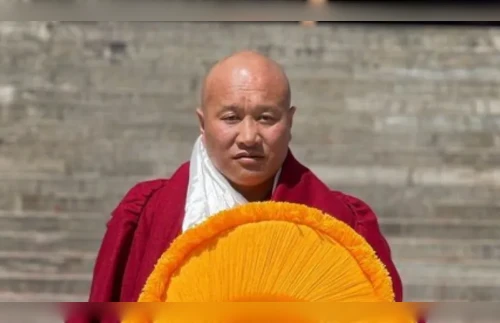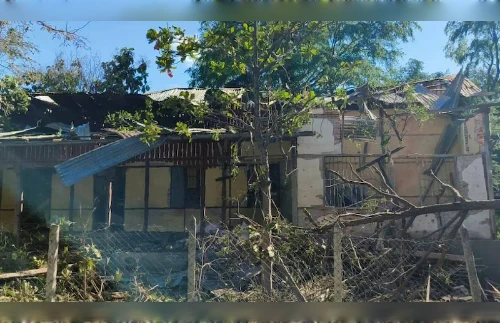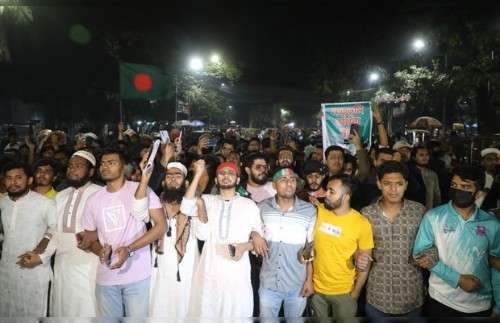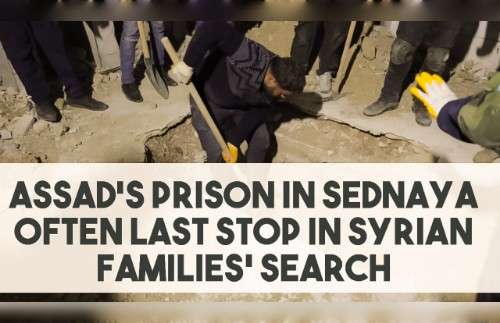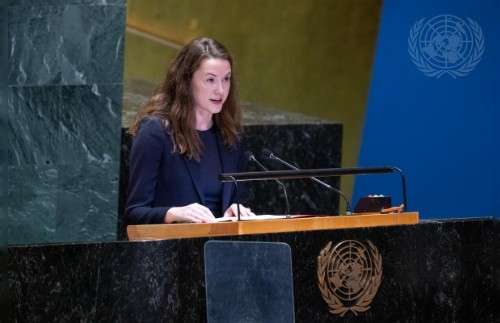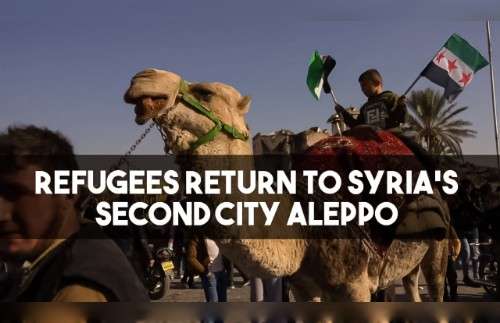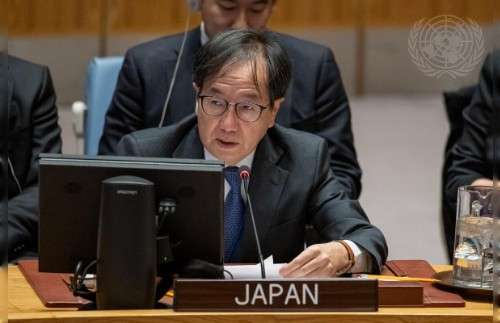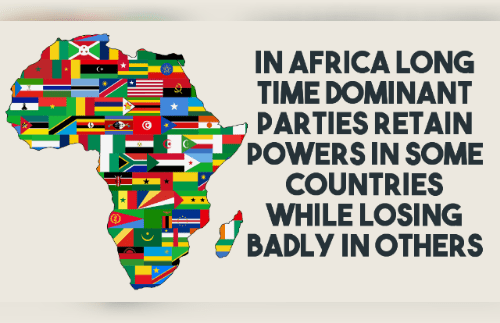After a tumultuous anti-government uprising, the Bangladesh police force faces a morale crisis, prompting calls for mental health support, reforms.
Zia Chowdhury/Dhaka
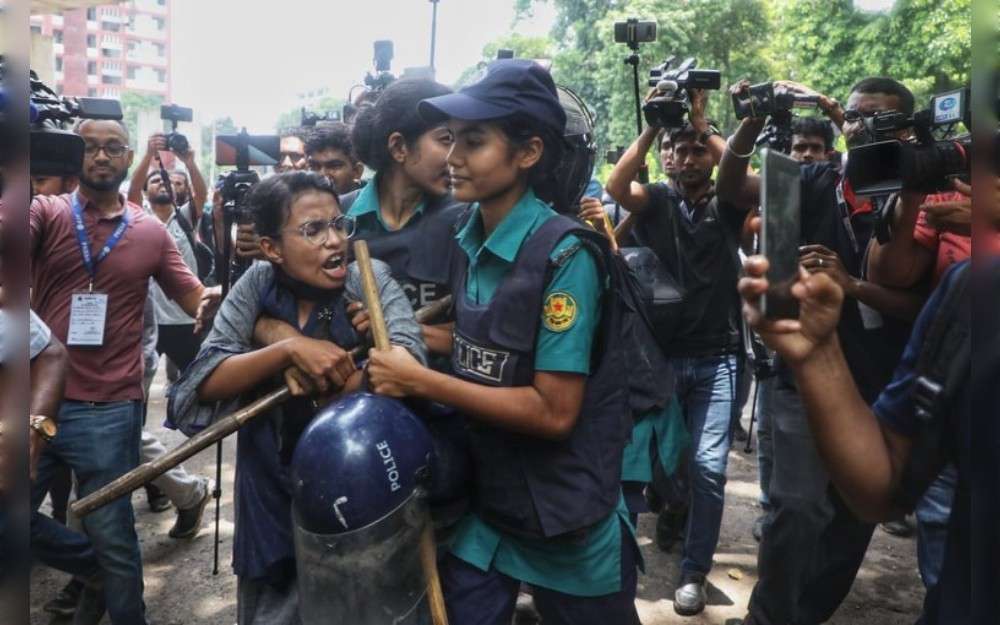
Bangladeshi police official “Amin” (not his real name) had barely slept for months.
Even if he popped sleeping pills, “Amin” said he could only snatch a few hours of sleep and that nightmares always jolted him awake.
“I keep hearing the sounds of gunfire in my dreams. It feels inescapable,” said “Amin,” who requested that BenarNews not identify him by his real name for fear of reprisals.
Police constable “Mohammad” (also not his real name) faces a similar struggle.
“When I head out for work, the haunting images of our colleagues’ dead bodies pop up in my mind,” said “Mohammad,” who asked not to be identified out of fear for his safety.
“Even something as simple as going out for tea fills me with anxiety,” he told BenarNews. “I don’t know how to return to normalcy.”
The stories of “Amin” and “Mohammad” highlight the psychological struggles faced by members of the Bangladeshi police force following mass protests in July and August that led to the ouster of Prime Minister Sheikh Hasina.
More than 1,400 people were killed, including 44 police officers, and thousands of others were injured during violence around the protests. Protesters blamed the police, as well as security agencies and associatJuly 29, 2024es of the former ruling party, for the killings.
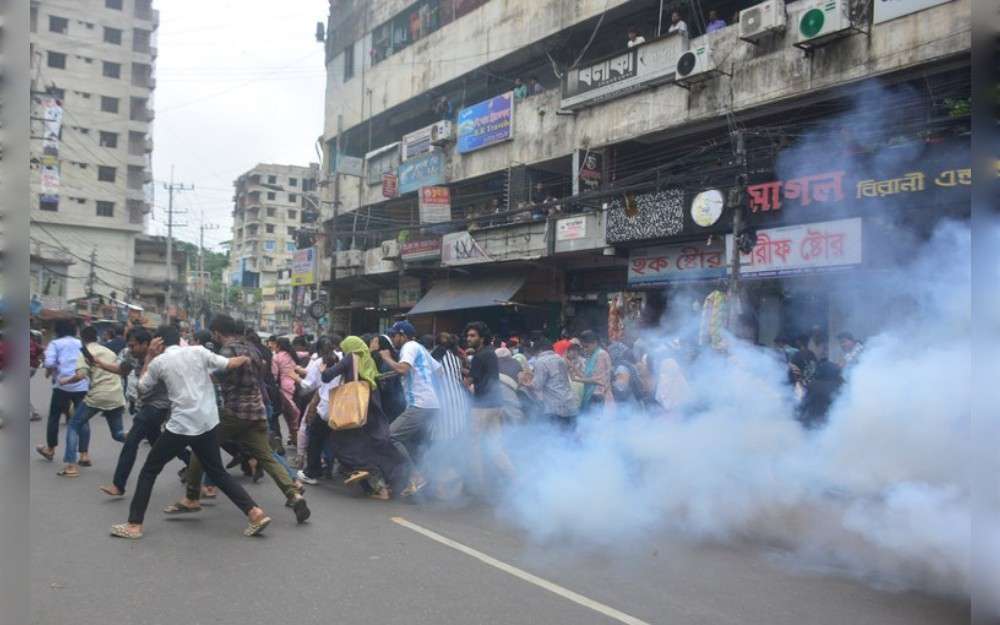
Since Hasina fell from power on Aug. 5, many members of the police force – which has more than 214,000 personnel nationwide – have stayed away from duty, fearing retribution and feeling demoralized.
“The deaths of [their] colleagues and civilians during the [uprising] have left many officers mentally shattered,” said Muhammad Omar Faruq, chairman of the criminology and police science department at Mawlana Bhashani Science and Technology University.
One police official said that many members of the police force had yet to recover from trauma following those weeks of unrest in the country.
“But there has been some improvement. Now, more attention is needed to boost the morale of the police,” Habib Palash, deputy inspector-general of the Chittagong Range, said at a public briefing.
Dealing with trauma
According to one mental health expert, there is an urgent need to help members of the police dealing with trauma.
“If a policeman is afraid to interact with people or hesitates to approach them, how can [he] effectively serve the public?” Dr. Helal Uddin Ahmed told BenarNews.
To help restore normalcy in Bangladesh, the government should provide services to police officers to ensure their mental health, police officials and experts said.
“Efforts are needed to rebuild their confidence and help them return to normalcy,” Omar Faruq said, adding that police personnel should also undertake behavioral training.
Baharul Alam, the newly appointed Inspector-General of Police (IGP), said he was ready to sit down with members of the force and discuss their various issues, including the state of their mental health.
“We will listen [to] them minute-by-minute: What is their problem [that prevents them from getting] back to normalcy? Is it trauma haunting them or other issues?” Baharul told BenarNews.
“We will arrange mental health or psychological counseling if needed,” he added. “I would go to the remote areas across the country to hear from the grassroots-level policemen.”
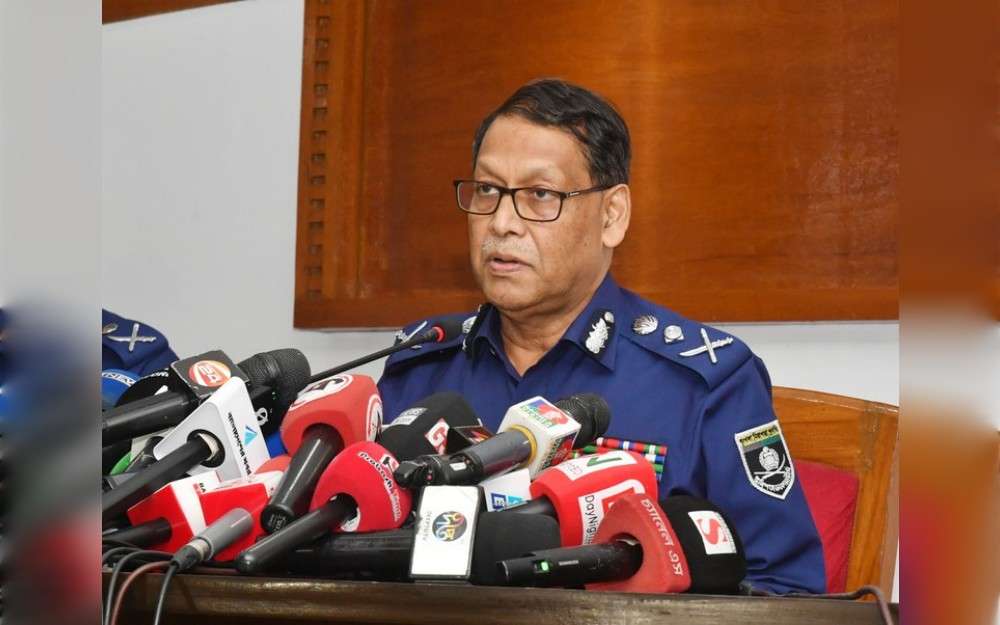
Various reforms must also be implemented to rebuild the public’s trust in the police following the political crisis that hit Bangladesh, officials and experts said.
Insulating police from political influences
These reforms include insulating the police from a political agenda.
The police, along with government agencies and the courts, were deeply politicized during Hasina’s 15-year tenure.
“If the politicization of police ends, their morale will improve, and the [trust] gap between the police and public will be decreased,” former police chief Muhammad Nurul Huda told BenarNews.
He cited a recent survey conducted by the Ministry of Home Affairs and released this month showing that almost nine out of 10 Bangladeshis (89.5%) wanted the police to be free from political influence and impartial when it came to enforcing the law.
Omar Faruq, with the Mawlana Bhashani Science and Technology University, shared a similar view.
“The police must adhere to proper legal procedures and should be kept free from political dominance,” he told BenarNews.
In October, the interim government appointed former Home Affairs Secretary Safar Raj Hossain as head of a commission to reform the police force.
BenarNews sought comment from the commission, but officials did not immediately respond.
Call to abolish Rapid Action Battalion
Meanwhile, the Bangladesh Nationalist Party (BNP) – the top opposition party during Hasina’s rule – this week called on the police reform commission to abolish the Rapid Action Battalion (RAB), an elite security unit, over its alleged involvement over the years in numerous human rights violations, including extrajudicial killings and enforced disappearances.
RAB, a unit of the Bangladesh police that includes members of the military, was a notorious security force during Hasina’s 15-year rule.
“Most of the killings, enforced disappearances, and extrajudicial executions [under Hasina’s term] have been committed by RAB. The force has become notorious by international standards and has turned into a ‘monster’ within the country,” BNP Standing Committee member Hafiz Uddin Ahmed told BenarNews.
Ironically, RAB was formed in March 2004, when Bangladesh was under BNP’s rule. It was charged with internal security, intelligence gathering related to criminal activities, and government-directed investigations.
The United States had accused RAB of more than 600 enforced disappearances over 12 years, a similar number of extrajudicial killings, and the use of torture. Washington imposed sanctions on the group in December 2021 over its alleged human rights abuses.
RAB Director-General A.K.M. Shahidur Rahman acknowledged the allegations against the force and praised accountability for any violations committed by its personnel.
“There are allegations against RAB – disappearances, killings, and abductions. At the same time, I would like to stress that the only way to be free of these ‘wrongdoings’ is thorough investigation and justice,” he told BenarNews.
Copyright ©2015-2024, BenarNews. Used with the permission of BenarNews.







